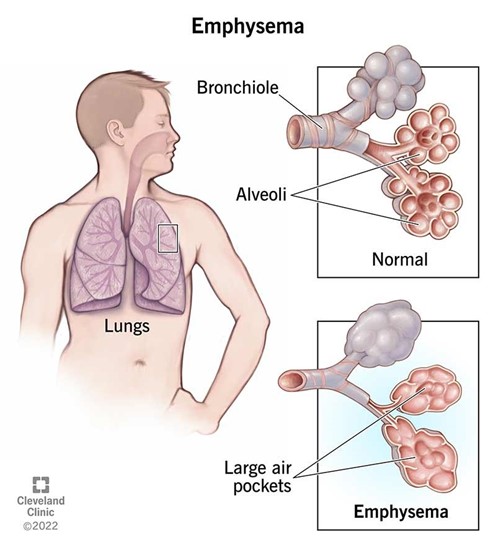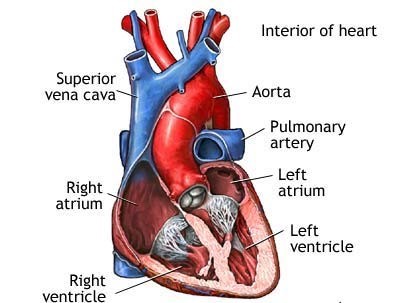The risk of developing coronary artery disease is increased up to threefold by
Diabetes mellitus
Hypertension
Obesity
High alcohol consumption
The Correct Answer is A
Coronary artery disease (CAD) is a condition where the arteries that supply blood to the heart become narrowed or blocked due to a buildup of plaque. Several risk factors contribute to the development of CAD, including diabetes mellitus, hypertension, obesity, high alcohol consumption, smoking, and a family history of CAD.
Research suggests that individuals with diabetes mellitus are two to four times more likely to develop CAD than those without diabetes. This is because diabetes can lead to damage to the blood vessels and nerves that control the heart, as well as increased inflammation and high levels of blood glucose that can contribute to the buildup of plaque in the arteries.
While hypertension, obesity, and high alcohol consumption are also known risk factors for CAD, they generally do not increase the risk to the same degree as diabetes. Nonetheless, these factors can contribute to the development and progression of CAD and should be addressed through lifestyle modifications and medical interventions.
Nursing Test Bank
Naxlex Comprehensive Predictor Exams
Related Questions
Correct Answer is {"dropdown-group-1":"B"}
Explanation
Emphysema is a lung disease that involves damage to the alveoli (tiny air sacs in the lungs), causing them to become stretched out and lose their elasticity. This leads to an abnormally enlarged gas exchange system and the destruction of alveolar walls

Transudative effusion: An effusion is an abnormal buildup of fluid in a body cavity, such as the pleural cavity around the lungs. Transudative effusions occur when fluid leaks out of blood vessels due to changes in pressure or protein levels, rather than from inflammation or injury.
Exudate effusion: This type of effusion occurs when fluid leaks out of blood vessels due to inflammation or injury. The fluid contains high levels of protein and cellular debris, and may be caused by conditions such as pneumonia, cancer, or autoimmune disorders.
D. Abscess: An abscess is a localized collection of pus, usually caused by a bacterial infection. It can occur in various parts of the body, including the lungs.
An abscess in the lung can cause symptoms such as coughing, chest pain, and fever.
.
Correct Answer is A
Explanation

The walls of the atria are thin because they do not generate as much pressure as the ventricles, as their main function is to receive blood from the veins and pump it into the ventricles. The ventricles have thicker walls because they are responsible for generating the force necessary to pump blood out of the heart and into the systemic or pulmonary circulation.
Whether you are a student looking to ace your exams or a practicing nurse seeking to enhance your expertise , our nursing education contents will empower you with the confidence and competence to make a difference in the lives of patients and become a respected leader in the healthcare field.
Visit Naxlex, invest in your future and unlock endless possibilities with our unparalleled nursing education contents today
Report Wrong Answer on the Current Question
Do you disagree with the answer? If yes, what is your expected answer? Explain.
Kindly be descriptive with the issue you are facing.
